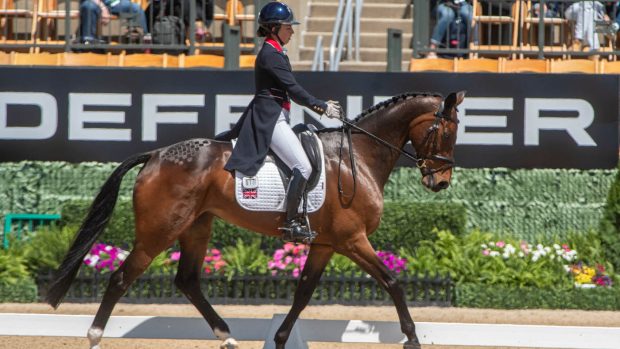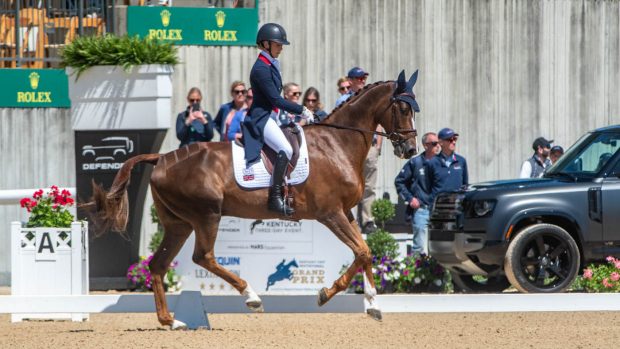The first test-tube foals have been born at Newmarket, following a technique more commonly used to help humans with fertility problems.
Eezee, (who is six weeks old) and his five-week old brother Quickzee, were conceived using a system known as intra-cyctoplasmic sperm injection (used in human IVF treatment), which has been adapted for equines by Twink Allen, Professor of Equine Reproduction at Cambridge University.
According to newspaper reports, five eggs were taken from a pony which was due for slaughter, which the sperm came from one of the unit’s “research herd”.
Three pregnancies resulted and the third foal is expected shortly.
Scientists now believe that this revolutionary technique will allow Britain to breed top sports horses to order in the laboratory. However, there is concern among some welfare groups that the way is now open to create genetically modified horses.
Chief executive of the British Equestrian Federation (BEF), Andrew Finding, said: “The BEF fully supports the improvement of the breeding of the sports horse in Britain, both to increase our potential to win Olympic medals and to produce sounder horses.
“In the past we have lacked a professional approach to breeding, and we need to produce horse with good conformation that are less likely to suffer injury and lameness.
“This approach by Professor Allen used the best science available and will offer British horse breeders a chance to develop a quality-led programme for our 2.5 million riders.
“With the equine industry currently losing £100m per month in the wake of the foot-and-mouth crisis, it is also an opportunity for breeders, and farmers looking for a chance to diversify, to gain alternative income.”
Read more about the test-tube foals in an interview with Twink Allen in Horse & Hound (issue dated 31 May)



